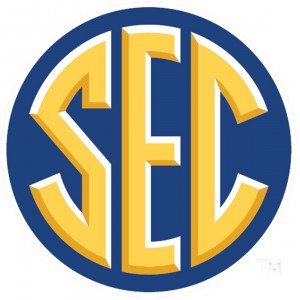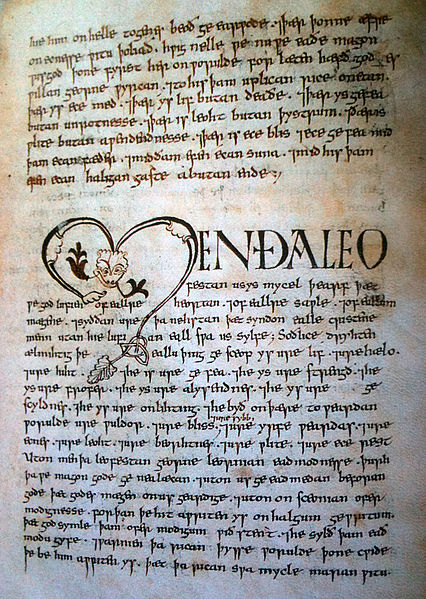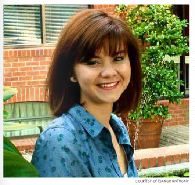Populi Magazine Interview with UM Chancellor’s Artist in Residence Bruce Levingston
February 3, 2015 | By Eleanor Anthony | ecanthon@go.olemiss.edu
Recently, I had the opportunity to talk with Mr. Bruce Levingston, world-renowned pianist and native Mississippian who has contributed a great deal to the University of Mississippi with both his time and talent. He was kind enough to answer a few questions with regards to his life and work, his new role at the Honors College and Department of Music, as well as his performance and presentation at the Spring Honors Convocation on February 10th, 2015, and an Honors Conversations Course he is teaching in Spring 2015.
Two excerpts from the interview by Eleanor Anthony, a mathematics and philosophy major and an editor of Populi Magazine follow. Click here to read the full interview.
Can you tell me a bit about your start as a musician and what ultimately brought you to Ole Miss?
I grew up in a nearby town called Cleveland, located in the Mississippi Delta. I started playing when I was four, and then my mother gave me my first piano lessons. Eventually I went on to study with some fantastic teachers around the world; my career now is as a concert pianist, and I have lived most of my adult life in New York City. A few years ago, the Chancellor and other friends connected to Ole Miss reached out and asked me if I would come here to see the campus. I had not been to Oxford since I was a boy, and I was quite surprised by how much development had occurred and how much the university had grown. After a few visits and performances, the Chancellor asked me to come here as his adviser of the arts, and that led to my meeting Dean Douglass Sullivan-González; after we came to know one another, DSG asked me if I would become a fellow in the Honors College, and so I did that for a year, and enjoyed working with him very much, and that led to my being offered a Chair in the Honors College in the humanities that was recently established thanks to a generous gift by Ruff Fant, whose father taught here many years. I am officially titled the Chancellor’s SMB Honors College Artist in Residence and am also the Artist in Residence for the Department of Music. So this gives me the opportunity to work with some of the great musicians here on campus as well as some of the great students at the Honors College. And sometimes they are one and the same! So, that’s a lot of fun.
I know you are very active in terms of collaborating with other artists—could you tell me about some of the recent collaborations on which you’ve worked?
So one of the most important and thrilling things I’ve been able to do since I’ve been on campus is to work with some of the great artists that are here in different areas. I’ve already had a chance to work with some of the superb musicians in the music department, and we are going to collaborate further on a performance that I will be giving on March 27th at the Ford Center where the amazing singer Nancy Maria Balach will come on to the program with one of her superb students and perform with me as well as Jos Milton, the wonderful tenor, and Robert Riggs, chair of the music department and a terrific violinist. I had a chance also to work with the great percussionist Ricky Burkhead on Thacker Mountain Radio which was a marvelous collaboration. But I also think of the arts not divided into writing or music or painting but as just one thing. We really are a part of the same family. So when I first came, I had the opportunity to meet Beth Ann Fennelly, the acclaimed poet, and her husband, Tom Franklin, a brilliant novelist. We immediately set out to collaborate on some works about words and music. I even wrote a piece that was based on their novel called The Tilted World. And we gave a performance in New York City together; they will also come on the program with me in March and read, and I will play some things inspired by their words. I have also had the chance to work with the Southern Foodway Association and to collaborate with great artists like Kevin Young, the Pen Faulkner Award-winner, and Justin Hopkins, a superb opera singer from Philadelphia, on a wonderful project based on the words of Booker Wright, an important figure from the Civil Rights era from Greenwood, Mississippi. We recently performed that, and I think it was a very special collaboration. We will perform it next year in New York City at Carnegie Hall. To be able to engage with other artists really makes life fulfilling because it helps one feel a part of the whole artistic community.






